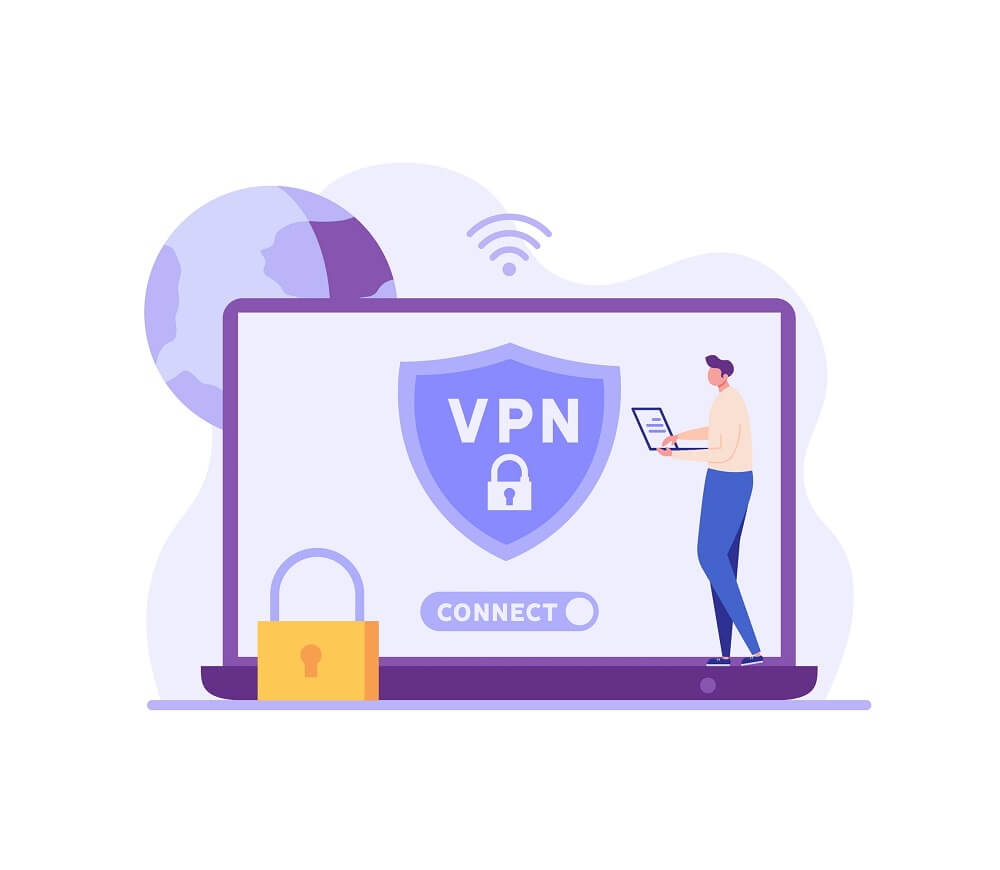TikTok's meteoric rise in the U.S. with 150 million users is not without its controversies. In a rare bipartisan move, both Republicans and Democrats in the U.S. Congress are supporting legislation, dubbed the RESTRICT Act, that could effectively block TikTok on U.S. soil.
The heart of the controversy lies in TikTok's connection to China. ByteDance, TikTok's parent company, is based in China, and this raises alarm bells for U.S. officials who view the app as a national security threat. FBI Director Christopher Wray has voiced concerns that Beijing could potentially use TikTok as a tool to collect data on U.S. citizens, spread pro-China propaganda, or disseminate misinformation.
Lawmakers also criticize TikTok's handling of harmful content, including videos promoting dangerous challenges, and issues related to eating disorders and self-harm. With a significant percentage of TikTok users being underage, lawmakers argue that these concerns warrant serious attention and action.
In response to these accusations, TikTok has denied any links to the Chinese government. It has even proposed an ambitious solution, 'Project Texas,' aimed at easing U.S. concerns. Through this project, TikTok plans to process and store the data of American users on U.S.-based servers managed by Oracle, a Texas-based software company. The data of U.S. users would be separated from the rest of the global data, accessible only to U.S.-based TikTok employees and Oracle.
Despite this move, the future of TikTok in the U.S. hangs in the balance, hinging on upcoming Congressional hearings and potential legal battles.
The TikTok controversy, while significant, is just the tip of the iceberg. What's at stake here is much larger than just one app - it's about the digital privacy of millions of users.
Indeed, privacy advocates like Albert Fox Cahn of S.T.O.P., Rex Huppke of USA Today, and Evan Greer of Fight for the Future argue that the problem is not exclusive to TikTok. U.S. tech giants like Google, Instagram, and Facebook have also drawn criticism for their record on user safety, data protection, and privacy.
This situation underscores the urgent need for a federal privacy law that protects user data. Currently, only individual states like California have enacted comprehensive privacy legislation, leaving a significant gap in data protection standards across the country.

If TikTok gets banned, users could use VPN services like ours, PrivateVPN, to access the app. While this raises legal questions, it's worth noting that using a VPN is legal in most countries, including the U.S. VPNs can provide privacy protection by concealing the user's real location from internet service providers and websites.
However, a ban could mean that TikTok will be removed from both the Google Play Store and Apple’s App Store in the U.S., making it more challenging for users to download the app. In such a case, a VPN could be used in combination with other methods like changing location settings or downloading the official APK file online.
The RESTRICT Act's broad language raises important questions about individual freedoms in the digital age. The legislation not only allows the U.S. government to dictate which platforms citizens can access, but it also hints at criminalizing efforts to bypass such restrictions.
While it doesn’t directly target VPNs, the Act’s provision stating, "No person may engage in any transaction or take any other action with intent to evade the provisions of this act," has sent ripples of concern through the digital community. Critics argue that this could potentially infringe on the right to digital privacy and freedom of choice.
In response, Rachel Cohen, Communications director for Senator Warner, clarified that the legislation is not aimed at individual users but targets companies like Kaspersky, Huawei, and TikTok, which pose systemic risks to the U.S.’s national security.
However, the ambiguity of the Act's language leaves many unsettled. This legislation brings to light the delicate balance between national security and individual freedoms in our interconnected world. It's clear that protecting digital rights in an era of evolving cyber threats is not a straightforward task.
As the debate around the RESTRICT Act and TikTok continues, it's clear that we are at a crossroads in the digital era. The controversies underline a broader concern – the delicate equilibrium between national security and individual freedoms, including digital privacy. While the Act is seemingly targeting companies viewed as threats, the vague language could potentially extend its implications to individual users.
It's crucial to note that tools like VPNs, such as PrivateVPN, can offer a layer of protection and uphold user privacy, but with a ban on VPNs and the expected heavy measures, we’ll have to raise our concerns about civil rights. More to follow in the upcoming weeks.